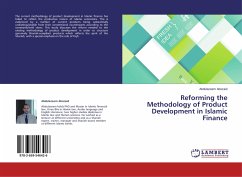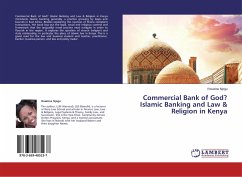At a time when the effectiveness and success of the principles that drive Islamic finance are no longer to be demonstrated, some countries, such as Morocco, are opening the door to this unconventional system. The introduction of Islamic finance in Morocco may however upset some legal, economic and ideological foundations when a country of Muslim faith has to introduce a finance justifying its success by the very principle of being based on the rules of Islam...wouldn't it be like recognizing that the existing conventional banks do not align with the rules that govern the daily life of a Muslim? Morocco will call them "Participative Banks", but will it give them all the legal means (taxation, administrative authorizations,...) to succeed? This work first looks back at the success of Islamic finance around the world, and then discusses the prospects for the introduction of such a system in Morocco because it involves a multidisciplinary legal evolution.








